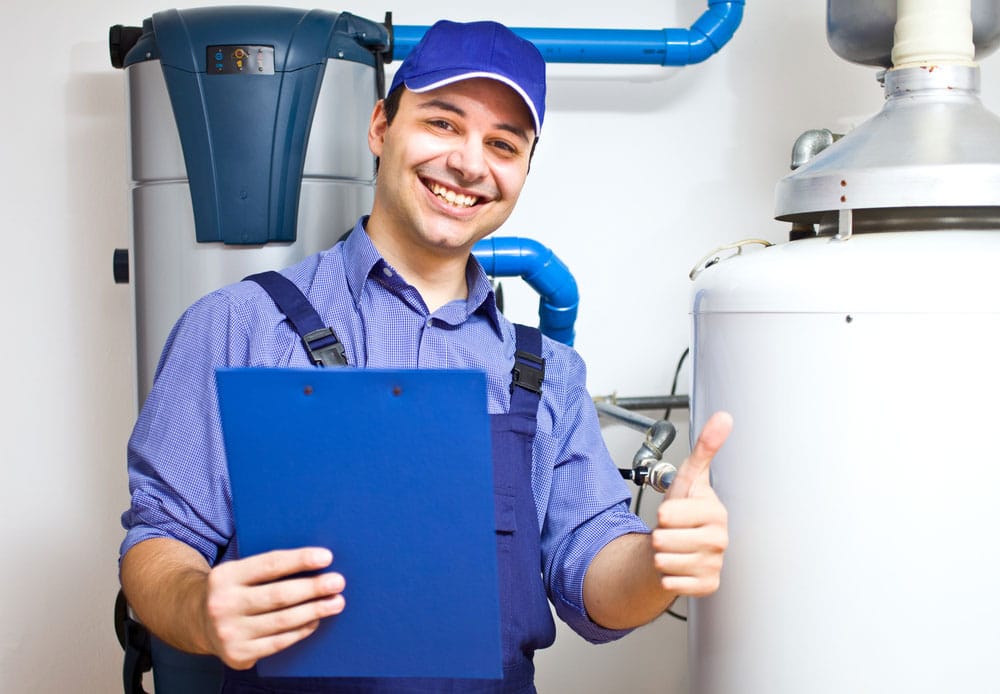A reliable hot water system is one of the most essential appliances in any Australian household. Whether you’re building a new home, renovating an older one, or simply replacing an outdated one, choosing the right hot water system can impact your comfort, energy bills, and the environment. With various options available—from electric and gas to solar and heat pump systems—it’s important to make an informed choice that suits your lifestyle and property setup.
Here’s a detailed guide to help you understand what to consider when selecting a hot water system for your home.
Understand Your Household’s Hot Water Usage Patterns
Not every household uses hot water in the same way. The number of people living in the home, the number of bathrooms, and your typical usage habits (such as whether you tend to run multiple taps or appliances at once) all influence the size and type of system you need.
Some key factors to consider include:
- The number of people in your household
- How many hot water outlets do you use at the same time
- If peak usage occurs morning and night, or is spread out across the day
- Whether you use a dishwasher or a washing machine with hot water
A professional installer can assess your hot water usage patterns and recommend the most appropriate system, helping you avoid running out of hot water or overspending on a too-large unit.
Compare the Main Types of Systems: Electric, Gas & Solar Systems
There are three primary types of hot water systems used in Australian homes. Each has distinct features and benefits that suit different household needs and property setups.
Electric Hot Water Systems
Common and easy to install, these systems are powered by your home’s electricity supply.
- Best suited for smaller households or where installation space is limited
- Higher running costs if used with standard tariffs
- Can be connected to off-peak tariffs or solar to reduce costs
Gas Hot Water Systems
Ideal for homes with an existing natural gas connection.
- Quick recovery rate, great for larger families
- Lower running costs compared to standard electric units
- Available in continuous flow and storage models
Solar Hot Water Systems
Harnesses the sun’s energy to heat water, making it an environmentally friendly choice.
- Significant long-term savings on energy bills
- Best for homes with good sun exposure and roof space
- Usually comes with a gas or electric booster for cloudy days
Understanding the benefits of each system helps you narrow down the best match for your home and budget.
Evaluate Energy Efficiency & Running Costs Over Time
Your hot water system is one of the largest energy consumers in your home, so energy efficiency is key to managing household bills and reducing your environmental impact. While some systems have a lower upfront cost, others may offer better savings over time.
When assessing energy efficiency:
- Look for systems with high star ratings or certifications
- Compare long-term running costs versus installation costs
- Investigate if you’re eligible for local government rebates
- Factor in servicing intervals and replacement part costs
Opting for a professionally installed, energy-efficient system will ensure optimal performance from day one.
Consider Space & Location Limitations at Your Property
Your property’s layout and available space can affect the feasible system type. Certain systems require more room or specific environmental conditions to operate efficiently.
Think about:
- Whether you have enough roof space and sunlight for a solar system
- If there’s an outdoor area for a heat pump system
- Indoor vs outdoor installation requirements
- Accessibility for maintenance or system replacement
A qualified technician can help assess your site and determine the most compatible options, ensuring you meet performance and compliance standards.
Factor in Your Water Pressure & Flow Rate Needs
Your chosen hot water system should support your household’s water pressure requirements. Some systems, particularly older models or smaller units, may not provide adequate flow during high-demand times.
Key considerations include:
- Number of bathrooms used simultaneously
- Flow rate required for showers, taps and appliances
- If existing plumbing supports high-pressure systems
Installing the right system can help avoid common issues such as temperature fluctuations, low water pressure, and slow recovery times.
Review Environmental Impact & Sustainability Goals
Many homeowners are now placing greater value on sustainable living. Choosing a water heating system with a low environmental footprint can reduce carbon emissions and lower utility costs.
Eco-conscious features to consider:
- Renewable energy options like solar and heat pump
- Lower greenhouse gas emissions with gas or hybrid systems
- Smart timers and thermostats to reduce waste
- System recyclability and parts availability
Professional guidance ensures compliance and performance for those seeking to meet sustainability targets or participate in energy rebate programs.
Check Compatibility with Existing Plumbing & Power Supply
Some hot water systems require specific infrastructure to operate efficiently. If you’re switching system types—such as moving from electric to gas—additional modifications or upgrades may be needed.
Points to evaluate:
- Power supply (single-phase or three-phase)
- Natural gas availability or LPG tank setup
- Roof strength and accessibility for solar units
- Water pipe compatibility and safety compliance
A licensed installer will assess these elements during a site visit to ensure seamless installation and avoids unexpected costs.
Plan for Future Maintenance & Servicing Requirements
Choosing a hot water system isn’t just about the purchase—it’s also about how well it performs over the years. Systems with complex components or older technologies may need more frequent attention, while newer models often come with long-term warranties and low-maintenance features.
Maintenance tips to keep in mind:
- Look for systems with easily available replacement parts
- Check the manufacturer’s servicing requirements to retain warranties
- Consider providers that offer local support and follow-up care
- Schedule annual checks to ensure safety and efficiency
Partnering with a trusted service provider ensures your system runs smoothly and efficiently for years.
Explore Reliable Hot Water Systems in Bathurst Today
At Expert Plumbing & Solar Services Bathurst, we help you select and install the most suitable hot water system for your household. Whether you’re after an energy-efficient upgrade, a solar-powered unit, or a dependable gas setup, our team provides comprehensive hot water systems and installations. Give us a call for more information or to book a consultation—you’ll be enjoying consistent, energy-efficient hot water in Bathurst in no time.






